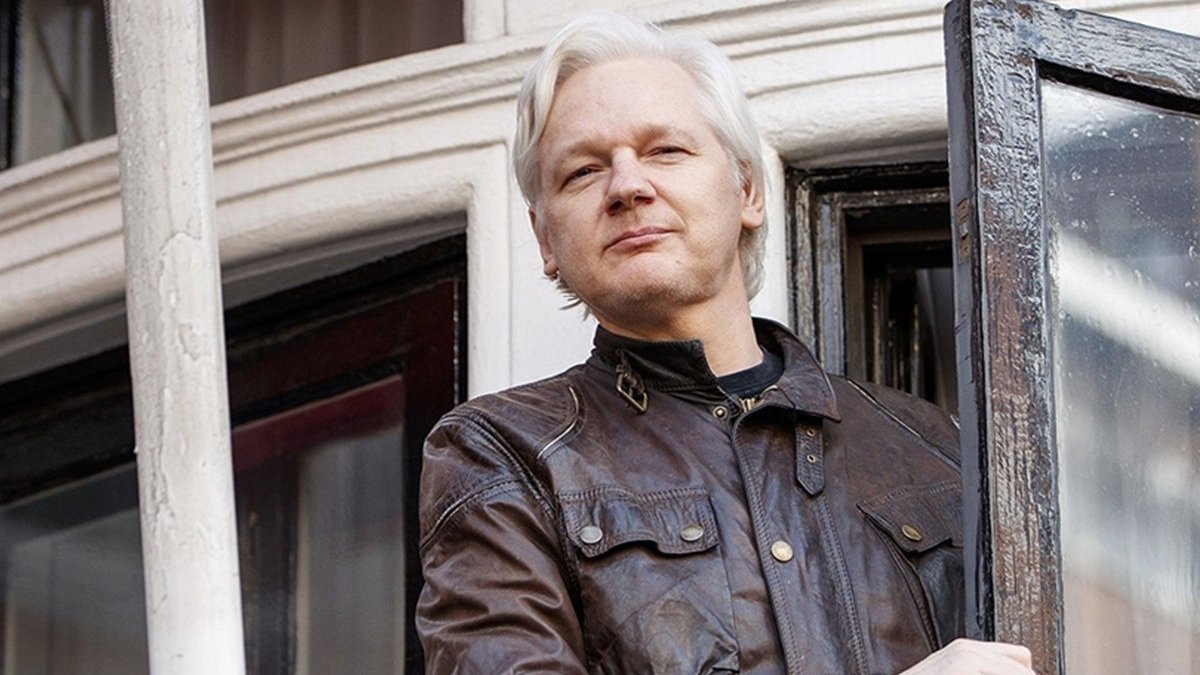British Home Secretary Priti Patel has signed off on the extradition of Julian Assange, the founder of WikiLeaks, which published documents on crimes in Iraq and Afghanistan.

UK Home Secretary Priti Patel has authorized the extradition of WikiLeaks founder Julian Assange to the United States on espionage charges.
Scotland Yard announced that police officers were invited to the embassy building by the Ecuadorian Ambassador to the UK and detained Assange after Ecuador revoked the asylum granted to Assange. The statement cited Assange’s failure to comply with American authorities’ extradition request and bail conditions.
- Microsoft shields its competitors!
- Flash ‘Operation Cherry’ statement from Ukraine: A bitter surprise for Russian soldiers…
ASSANGE’S TRIAL PROCESS
In 2010, Assange founded WikiLeaks, which published a large number of classified documents, including evidence of US crimes in Iraq and Afghanistan.
Assange, whom the US accused of espionage and demanded his extradition, took refuge in the Ecuadorian Embassy in London in June 2012, while his extradition to Sweden was on the agenda for lawsuits filed against him on charges of rape and sexual harassment.
Assange was removed from the Ecuadorian Embassy in London on April 11, 2019, taken into custody, arrested for “breaching bail conditions” and placed in Belmarsh Prison in London.
The court sentenced Assange to 50 weeks in prison for this offense. After serving his 50-week sentence, Assange was ordered to remain in detention within the framework of the extradition request.
After the hearings, on January 4, 2021, the US extradition request was rejected on the grounds that Assange was at high risk of suicide and that he would be subjected to special administrative measures in a US prison, and that he was “at real risk”, especially because the intelligence community was hostile to him. The US appealed the decision.
In order to win the appeal, the US had pledged that the WikiLeaks founder would not be held in high-security prisons and could serve his prison sentence in his native Australia.
The defense team, on the other hand, cited reports that the CIA had plotted to kidnap and kill Assange while he was hiding in the Ecuadorian Embassy in London.
On December 10, 2021, the Supreme Court overturned the lower court’s decision and ruled that Assange could be extradited to the United States.
Assange’s defense team then applied to the Supreme Court for permission to appeal the case to the Supreme Court.
On March 14, the Supreme Court rejected Assange’s appeal against the ruling that he could be extradited to the US.




